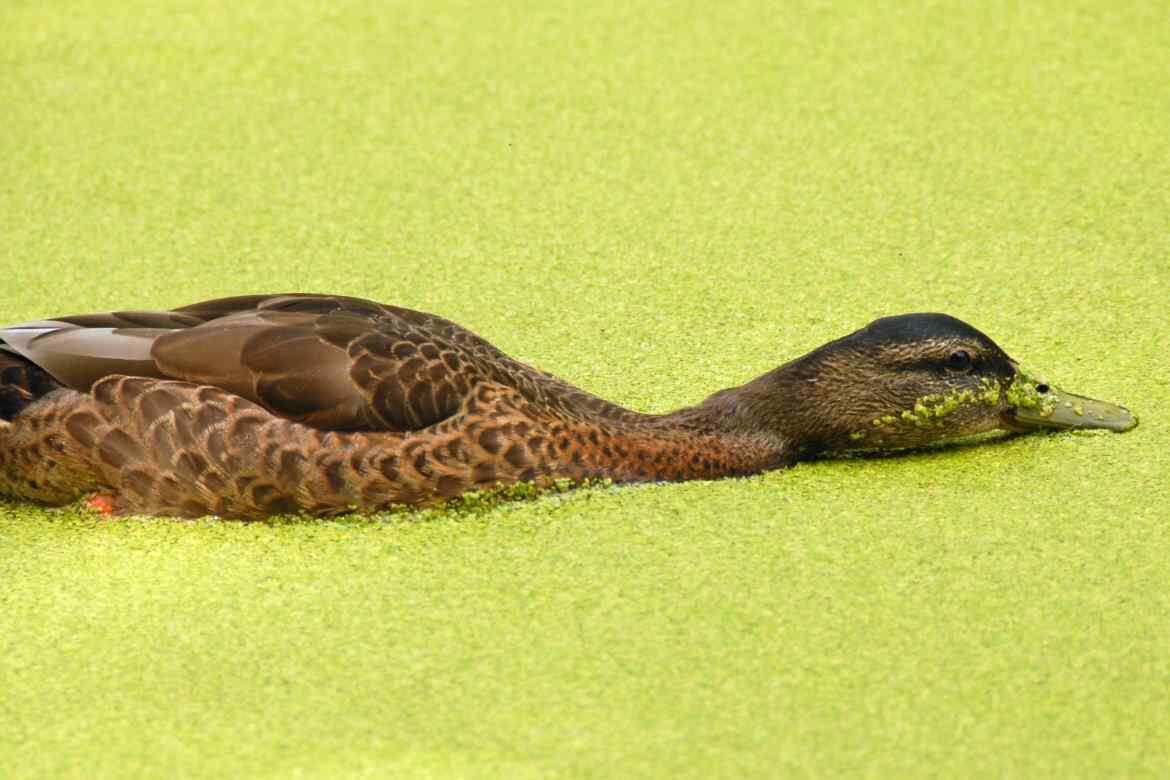Duckweed has come under scrutiny for potential use as a protein source. Cultivated in shallow ponds, it thrives on nutrients from natural sources, as well as farm waste rich in nitrogen and phosphorus.
Researchers are finding the plant especially interesting from an ecological perspective, as it can close the nutrient loop and help protect soils and waterways. It has been suggested that it can also provide an exceptional crop with similar protein content to soybean meal.
An Irish-based consortium of entrepreneurs and scientists, Emerald, have now teamed up joined forces to cultivate the fast-growing pond plant. The group, led by Stephen O’Sullivan, is fast-tracking the process to create animal feed and food ingredients. The consortium hopes that duckweed could become a strategic national crop.
O’Sullivan says: “We have been working on duckweed solutions for about 18 months. That is when I returned from Asia to help the team of international experts focus on commercialising the technology from Ireland. The country has plenty of land suitable for re-wetting and provides the perfect environment to grow the plant.”
“This solution can enhance the local ecology and helps farmers create a net positive impact environmentally, economically and for society as a whole. It offers the farming industry the opportunity to use marginal or unproductive lands and turn a ‘pig’s ear into a silk purse’. We are at a point now where we can start to move fast. We can get our products into market testing with influencers in key sectors,” he added.
In his view, duckweed complements other vital crops. He comments that, “as a nation, we could displace almost all of our imported protein feeds. That is just not possible with peas and beans alone. This would provide invaluable security for our livestock and organic aquaculture sectors.”

